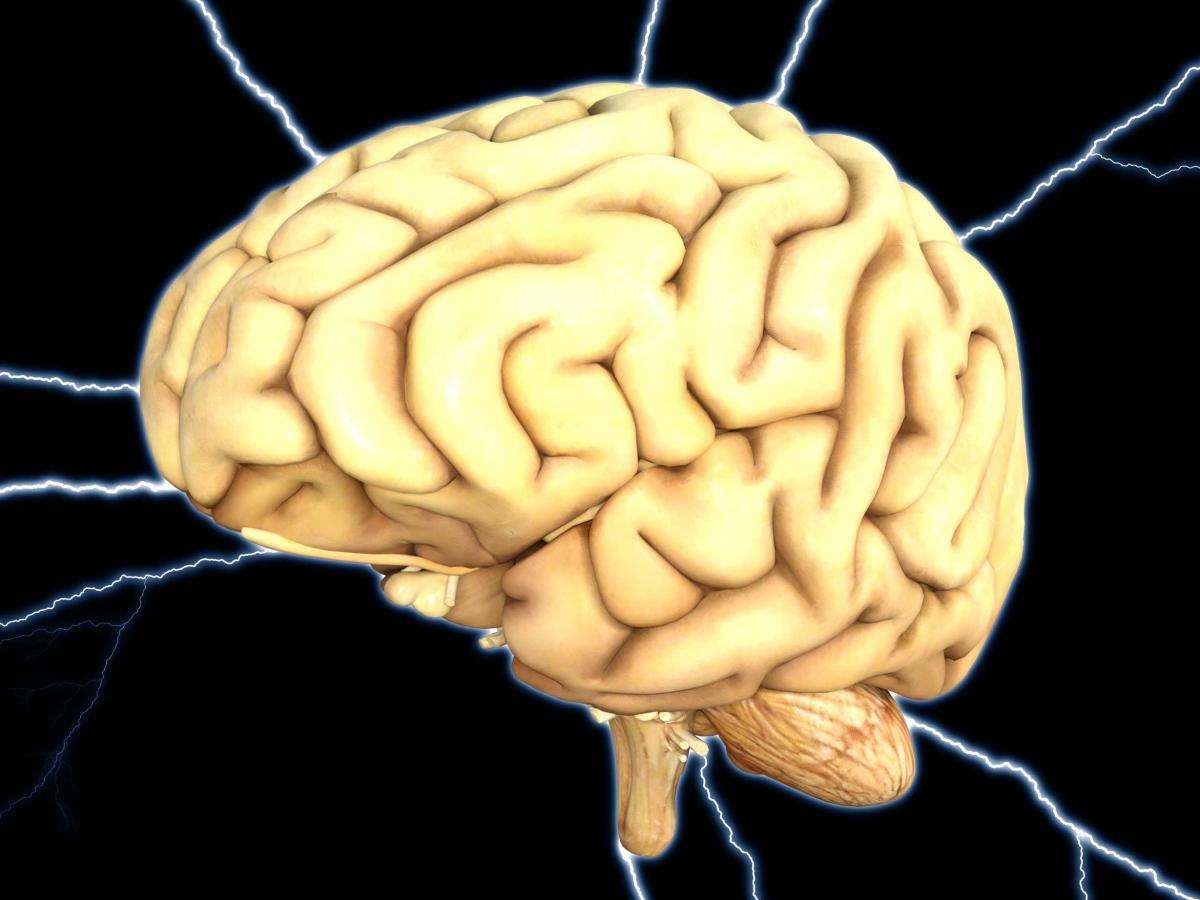
University of Adelaide has found a link between the way that cells produce energy for brain function and the mutated genes found in Alzheimer's disease.
A team of researchers at the University of Adelaide has found a link between the way that cells produce energy for brain function and the mutated genes found in Alzheimer's disease.
The discovery published in Disease Models and Mechanisms has prompted further examination of the link as a fundamental, early driver of Alzheimer's disease in humans.
"If we can understand in detail what is going wrong with oxygen use and energy production, we may see ways of stopping the disease before it starts - and that would enormously benefit our ageing population."Dr Karissa Barthelson, the University of Adelaide's Alzheimer's Disease Genetics Laboratory .
In the study, the researchers analysed the young adult brains of zebrafish with gene mutations associated with early-onset Alzheimer's disease. Zebrafish were chosen for the study because they produce very large families, which makes it easier to detect subtle effects.
The team used cutting-edge gene technology and mathematical analysis to compare gene activity and detect subtle differences between the normal fish and those with the mutations.
While the researchers found different mutations in different genes have many different effects on brain cell function, they also found Alzheimer's disease mutations affect one very important cell function in common - the use of oxygen within cells to produce energy.
Lead researcher Dr Karissa Barthelson from the University of Adelaide's Alzheimer's Disease Genetics Laboratory said: "This is very interesting because we know when Alzheimer's disease eventually develops, people's brains become severely deficient in energy production.
"When we realised this common link we took our research one step further and re-analysed data from another research group that had studied an important Alzheimer's disease gene in mice.
"We could see a similar effect, and this reinforces our confidence that we have found a fundamental, early driver of Alzheimer's disease in humans."
Brains are made up of many different types of cells that have complicated ways of producing and sharing energy. The Adelaide research group now wants to examine how Alzheimer's disease mutations affect those different cell types.
"It is very satisfying to have found this important common, early factor driving the development of Alzheimer's disease.
The researchers say the costs of Alzheimer's disease to society are huge, not only in caring for those who cannot care for themselves but also in lost relationships with loved ones as memories and cognition fade.
"Energy production is the most fundamentally important cellular activity supporting all other functions, particularly in highly active organs such as brains," said Dr Barthelson.
"If we can understand in detail what is going wrong with oxygen use and energy production, we may see ways of stopping the disease before it starts - and that would enormously benefit our ageing population."






